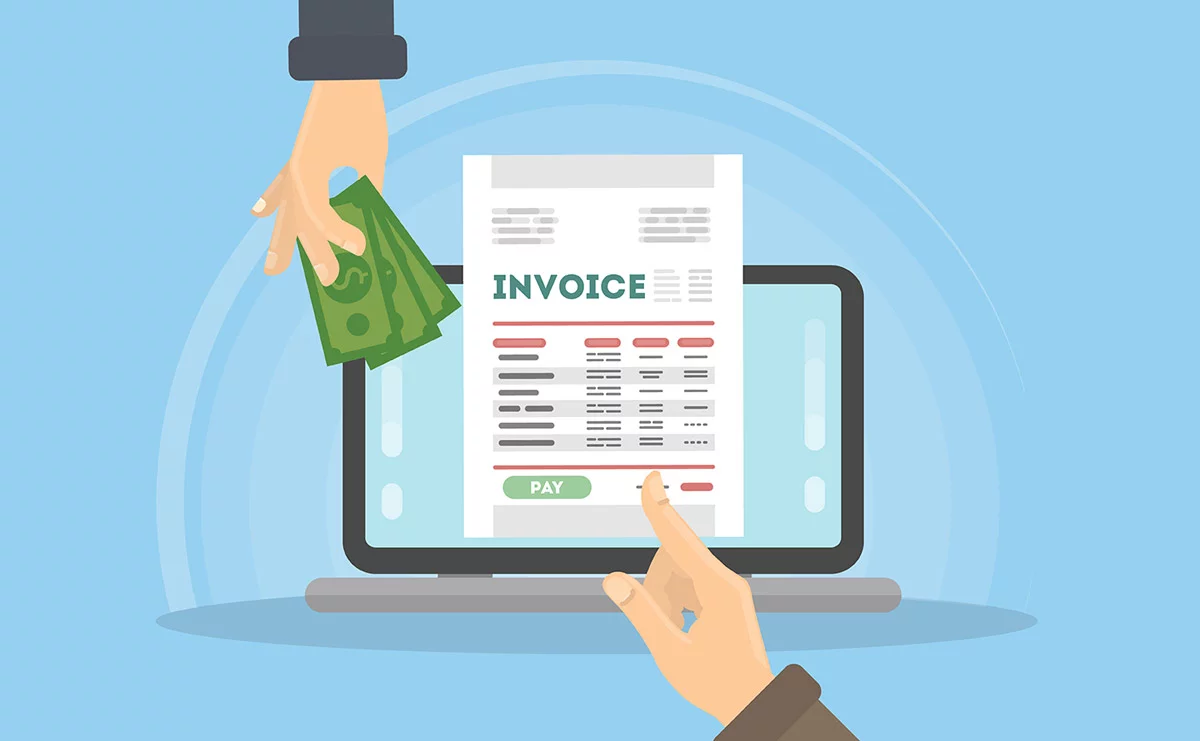Legal billing is crucial in shaping the trust between attorneys and their clients. While most law firms aim for transparency and accuracy, billing mistakes are more common than you might thinkthey can damage a law firm’s reputation and lead to lost business. On the flip side, clients may end up overpaying for services they didnll break down the most common legal billing errors, why they happen, andhow to avoid them. It’s time to decode the fine print and ensure fairness on both sides.
Understanding Legal Billing Structures
When hiring a lawyer, understanding how legal billing works can save you from unexpected expenses and confusion down the road. Law firms typically use one of three primary billing structures: hourly billing, flat fees, and contingency arrangements.
Hourly billing is the most commons covereds nots family law or corporate litigation, always ask for a detailed breakdown of how you’ll be charged.
The Most Common Legal Billing Errors
Legal billing mistakes can quietly drain a firms explore the most common legal billing issues that often go unnoticed.
Block billing is one of the top culpritsre actually paying for. Similarly, vague descriptions like or dons billing for administrative or clerical taskst just good accountings good business. Transparent, detailed, and accurate billing builds stronger relationships and ensures smoother cash flow.
Technology-Related Billing Issues
Legal tech is supposed to make processes faster and more efficient, but sometimes, it leads to unexpected billing headaches for clients.
One common issue is charging manual rates for automated tasks. Many firms now use document automation tools, but instead of passing on the time savings, some still bill clients as if the work were done manually. This creates inflated invoices that don’t reflect actual effort.
Another hidden cost comes from billing clients for time spent learning new software. While tech adoption benefits the firm long term, clients shouldns the matter of research tools and database subscriptions. While platforms like Westlaw or LexisNexis are essential, some firms pass these high subscription fees directly to clients without clear disclosure.
Lastly, email and communication inefficiencies can rack up time-based charges unnecessarily. A simple back-and-forth that could be resolved in one email may become a string of billable interactions.
To avoid these pitfalls, clients should review invoices carefully, ask for task breakdowns, and understand how tech is being usedfor their case. Transparency is key.
How to Review Your Legal Bills Effectively
Legal invoices can be complex, but a smart, structured review process can save you from overpaying or falling into billing traps. Herere an individual or managing a business, categorize chargesand compare them to the original fee agreement. This helps you spot inconsistencies and monitor what services are being delivered.
Watch for Red Flags
Some common red flags include vague descriptions (), duplicate charges, excessive hours for simple tasks, or multiple team members billing for the same meeting. These can indicate overbilling or inefficiencies that need to be addressed with your legal provider.
Review Timely & Keep Records
Donreview each bill as soon as you receive it. Set periodic reviews too, especially for long-term cases. And always store all invoices, email communications, and agreements in one place. Keeping proper documentation gives you leverage and clarity if disputes arise later.
Being proactive with your bill review can protect your wallet and your peace of mind.
Having Difficult Conversations About Billing
Talking about money is never easy, especially when it involves your attorney. But open communication is key to making sure you’re not overpaying due to billing errors or misunderstandings.
So, how do you bring up concerns without straining the relationship? Start by expressing appreciation for their work. Then, gently raise your concern using neutral language. For example:
m reading it correctly.t hesitate to escalate itt just a simple mistakes a red flag. If you consistently notice vague line items, unexplained charges, or inflated hours, it could point to deeper ethical concerns in the law firms missing, it may be time to take a closer look.
In cases where repeated billing discrepancies arise, or you feel uncomfortable raising questions, it might be wise to consider changing counsel. A good attorney should welcome clarity, not avoid it.
If yout require a courtroom battle. Mediation and arbitration are common methods for resolving billing disagreements fairly and efficiently. Many state bar associations also offer fee dispute programs, where a neutral party can review your concerns.
Not sure if your billing concerns are valid? You can also seek an external opiniont just about saving moneys about building trust. By understanding common legal billing errors like vague time entries, double billing, or padded hours, clients can take a more active role in reviewing invoices and ensuring theyre a client or a legal professional, a little clarity goes a long way in protecting your interests and maintaining a respectful, transparent attorney-client relationship.


